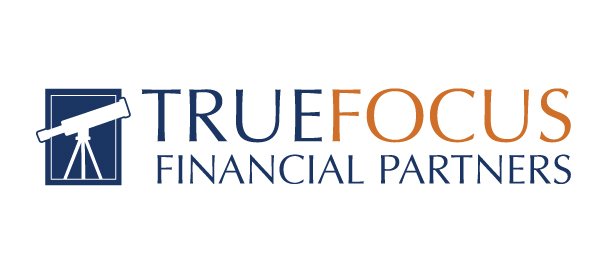Financial Capability = Financial Independence
As you become successful in your career, buy a home, save, and invest, you're building knowledge and capability. But are you gaining the ability to achieve your own goals?
True financial capability is closely tied to financial independence; however, you define that. For many people, it relates to flexibility and making choices as an individual and for your family.
Retiring early, attaining "work optional," enjoying your money now and saving, as well as providing advantages to your children, and helping your parents age gracefully are all achievable goals. But to get there on your own timeline requires some planning.
It can include an advanced level of budgeting, making sure you get the most out of your benefits, planning for retirement, investing outside a retirement plan, and being strategic about taxes so you can pay as little as possible over your entire lifetime.
Factor Lifestyle Creep Into Your Budget
Budgeting is a basic pillar of financial capability, but for many people, it starts and ends with paying your bills each month and having an automated contribution to a retirement plan. The problem is, what happens to the rest of your paycheck? If your approach is “whatever is leftover,” even if you are putting it in savings or investing it, you may be leaving yourself underinvested.
For many people, lifestyle creep now is a serious threat to future financial and lifestyle flexibility. As income increases, it’s easier to think you can afford a more indulgent lifestyle.
How to head off lifestyle creep? There are a lot of sensible things you can do, but the best way is to change your mindset.
Set clear long-term goals and put a dollar amount on them. Then track your progress. These are big things like a second home purchase, education savings, etc.
Review your emergency fund every year – increase it along with salary increases
Move some spending from short-term rewards to long-term rewards. It's easier to say no to extra dinner out if the reward is a big purchase or a big trip
Are You Maximizing Your Benefits?
Saving the maximum into a 401(k) each year is the easiest way to lower your taxes while you are working and take advantage of compounding to build generational wealth. If you can’t save the maximum, at least save enough to get the employer match if your company offers it.
What else can you do?
Health Savings Accounts (HSAs) are offered by companies that also offer a high-deductible health insurance plan. HSAs allow you to contribute money before taxes, it grows tax-free, and when you take it out to spend on qualified expenses, no taxes are due. While you can use funds in these triple-tax-advantaged accounts anytime, allowing them to grow while you are working and using them as a source of funds for increased healthcare spending in retirement can make sense.
Does your firm offer disability insurance or life insurance? These are often offered at competitive rates, and enrollment may be simple. Protecting your income is a big part of growing wealth, and life insurance can provide for your family if you aren't able to.
Flexible Spending Accounts/Transit Accounts – these accounts let you put aside before-tax dollars in an account for specific types of expenses. It can add up to hundreds or thousands of dollars a year in savings.
Are You Investing Outside Your Retirement Account? What About Company Stock?
Investing through a taxable brokerage account means putting more money to work for a longer period of time, and it can give you the opportunity to expand your asset allocation and calibrate your risk profile. It can also help you control your taxable income in retirement.
Setting up an account that works with your tax-advantaged retirement assets is key. Think of your asset allocation across your entire portfolio. Do you have company stock? That can increase your risk since your income and your investments are exposed to the same company’s fortunes. It may also mean that you are overexposed to a particular asset class.
Determining a plan for company stock purchases and sales and making sure it is tied to your goals should be a priority.
Do You Have a Strategic Tax Plan?
You have more control over your taxes than you think, and it’s a source of hidden income for many people. Keeping more of what you make is the goal, and thinking a few years in advance makes a difference. If you’re still working:
Are you maximizing tax-advantaged retirement savings?
Are you taking advantage of tax breaks on education savings?
If you or a spouse is self-employed, are you optimizing tax deductions and credits?
Are you being thoughtful about the timing of asset sales?
If you are out of work for any reason, are you taking advantage of lower income to convert to Roth accounts?
If you’re retired:
Are you paying careful attention to tax brackets?
Are you timing your Roth conversion to hit the sweet spot before taking social security?
Are you planning to maximize social security for you and your spouse?
The Bottom Line
This is a great time to make a start at ensuring you are building long-term wealth that will help you achieve your goals.
